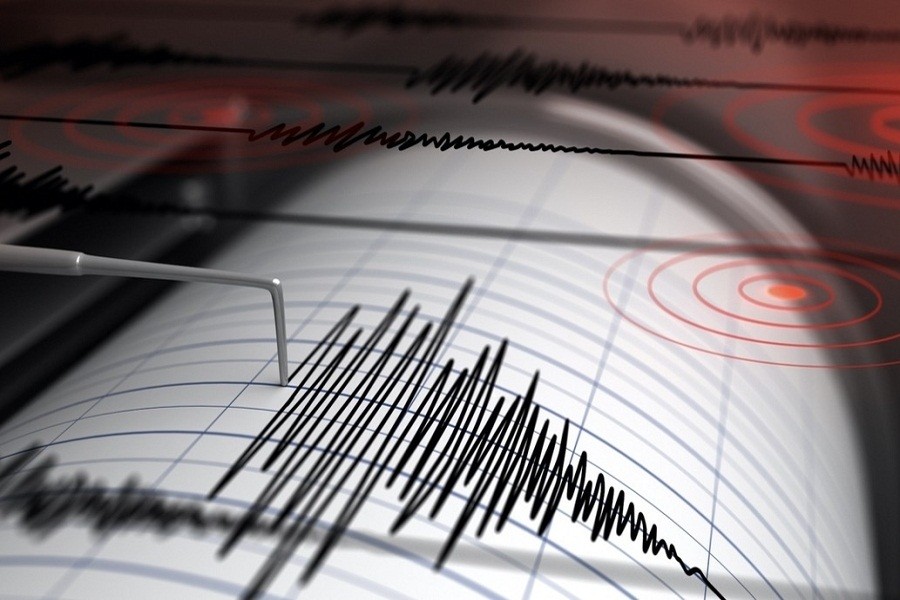Recently, the northern parts of Syria and the eastern parts of Turkey witnessed an earthquake, with unprecedented casualties for this decade.
As per the latest news, more than 46,000 people have died in this earthquake, and people are still being pulled out of the destroyed rubble. The severity of this earthquake has raised the question of whether scientists can predict ensuing earthquakes.
Although there have been predictions of the earthquake by some scientists, notable among them is the Dutch researcher Frank Hoogerbeets, there has never been conclusive research or opinion among the scientists, as to this day, the science of predicting earthquakes is difficult and doesn’t always lead to accurate results.
Chris Marone, a professor of geosciences at Sapienza University of Rome in Italy and Penn State University in Pennsylvania, US, was quoted by the BBC as saying about this,
"When we simulate earthquakes in the laboratory, we can see all these little failures happening—there is some cracking and some flaws that appear first."
But out in nature, there is a lot of uncertainty about why we often don't see foreshocks or indications that there will be a big earthquake.
The quest of geologists to accurately predict earthquakes has been going around for quite a long time. As of the early sixties, with the advent of advanced technologies in this field, there have been quite a few experiments in this regard, often with zero to little success.
Many researchers have attributed this to the complexity involved in the fault system that is crisscrossed across the globe. Also, the seismic noise of the earth misleads researchers, as they often mistake it for the forecast of earthquakes.
The United States Geological Survey states three prerequisites for predicting an earthquake, including the location, timing, and intensity of the event. None of these can be predicted with certainty. Researchers sometimes take some animals' unusual behaviour as a sign of an incoming earthquake as well.
Various earthquake predictions so far undertaken by scientists have an accuracy of 70 per cent, although some of these tests often cannot predict the exact time frame of the earthquakes.
Many tests have also considered the minute ripples in the earth's gravity when predicting earthquakes. Still, none of these measures so far has been conclusive about correctly predicting earthquakes.
Despite all our recent advancements in science and technology, accurate earthquake prediction is something we are yet to achieve, and the sooner we do, the more lives can be saved. [email protected]


